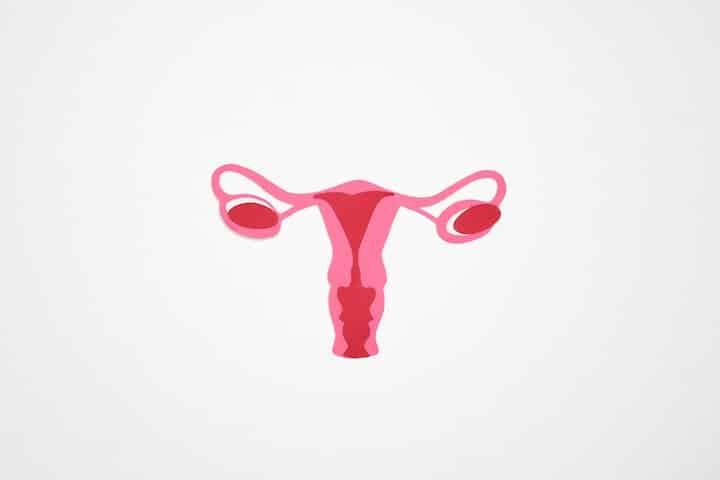
Introduction
Uterine cancer, also known as endometrial cancer, is a significant health concern for women worldwide. This type of cancer originates in the lining of the uterus and primarily affects postmenopausal women. With a growing awareness of women’s health issues, medical advancements in uterine cancer diagnosis and treatment are empowering women to take control of their health. In this article, Dr Scott Kamelle will explore the recent strides in understanding uterine cancer, innovative diagnostic techniques, cutting-edge treatment options, and the importance of early detection in improving patient outcomes.
1. Understanding Uterine Cancer: Risk Factors and Types
Uterine cancer arises from abnormal cell growth in the endometrium, the inner lining of the uterus. Although the exact cause remains unclear, certain risk factors have been identified. Prolonged exposure to estrogen, obesity, diabetes, and a history of certain reproductive conditions are among the known risk factors. Additionally, there are different types of uterine cancer, each with unique characteristics and treatment approaches, further emphasizing the need for accurate diagnosis.
2. Innovations in Uterine Cancer Diagnosis
Early detection is vital for successful uterine cancer treatment. Recent innovations in diagnostic techniques have facilitated prompt and accurate detection. Transvaginal ultrasound, endometrial biopsy, and hysteroscopy are some of the commonly used methods for identifying abnormal changes in the uterus. Moreover, advancements in molecular profiling and genetic testing have enabled personalized treatment plans based on the tumor’s specific characteristics, leading to better outcomes for patients.
3. Minimally Invasive Treatment Options
In the past, uterine cancer treatment often involved extensive surgery with significant recovery time. However, recent advances in medical technology have led to the adoption of minimally invasive procedures. Laparoscopic and robotic-assisted surgeries offer patients shorter hospital stays, reduced scarring, and faster recovery. These techniques are particularly beneficial for older patients or those with preexisting health conditions, improving their quality of life during and after treatment.
4. Targeted Therapies and Immunotherapy
Traditional treatment methods, such as surgery, radiation, and chemotherapy, remain integral to uterine cancer management. However, researchers have made significant progress in developing targeted therapies and immunotherapy for specific uterine cancer subtypes. These treatments focus on blocking specific molecular pathways responsible for cancer growth and enhancing the body’s immune response against cancer cells. Targeted therapies and immunotherapy have shown promising results, offering new hope to patients with advanced or recurrent uterine cancer.5. Supportive Care and Survivorship
Uterine cancer treatment not only addresses the physical aspects but also takes into account the emotional and psychological well-being of patients. Supportive care services, including counseling, nutrition guidance, and pain management, are essential components of comprehensive cancer care. Moreover, survivorship programs ensure that patients receive the necessary support and follow-up care after completing their treatment, promoting long-term health and well-being.
Conclusion
Advances in uterine cancer diagnosis and treatment have ushered in a new era of women’s health empowerment. With innovative diagnostic techniques, personalized treatment options, and supportive care services, women diagnosed with uterine cancer now have greater hope for improved outcomes and a better quality of life. Early detection, coupled with minimally invasive procedures and novel therapies, is transforming the landscape of uterine cancer care. As we continue to invest in research and raise awareness about uterine cancer, we move closer to a future where women can confidently face the challenge of uterine cancer, armed with knowledge, early intervention, and effective treatments. By empowering women through advances in healthcare, we can make significant strides in the fight against uterine cancer and promote better overall women’s health.